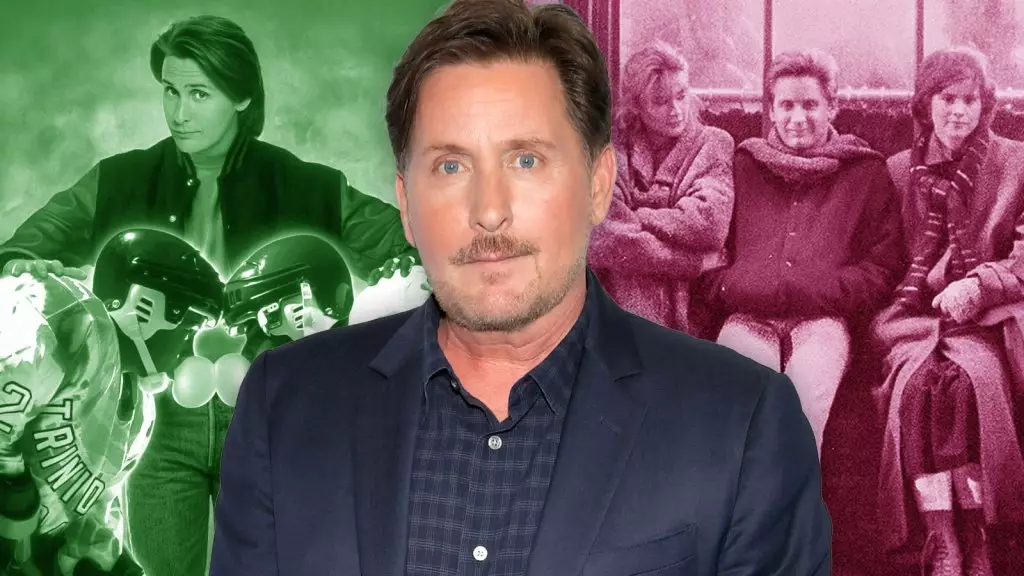Emilio Estevez’s recent interview has sent shockwaves through the nostalgic corridors of Hollywood, offering an intriguing glimpse into his artistic intentions with a potential sequel to *Mighty Ducks*. Estevez, known for his iconic role as Coach Gordon Bombay, has expressed a strong desire to rectify the perceived failures of the Disney+ series *The Mighty Ducks: Game Changers*. His vision for *Mighty Ducks 4*, featuring a professional women’s hockey team led by his beloved character, highlights both a yearning for inclusion in sports entertainment and an awareness of the underrepresented narratives across popular media. Yet, Disney’s dismissive stance toward Estevez’s proposal raises critical questions about the corporation’s commitment to innovation versus its fixation on safe, marketable content.
Creative Struggles: The Reality Beyond the Spotlight
Estevez’s experience with creative disputes in Hollywood serves as a microcosm of a larger industry problem. He cited the “good old-fashioned contract dispute” and “a myriad of creative differences” as the reasons for his departure from *Game Changers*. These terms encapsulate the all-too-familiar struggle many artists face when their vision clashes with corporate interests. In a world where streaming platforms often prioritize profit margins over artistic integrity, Estevez’s frustration reveals a distressing trend: creativity is stifled while corporate interests dictate the narratives pushed to audiences. This evokes a sense of urgency for creators and audiences alike to advocate for projects that resonate on a cultural level rather than simply serve algorithmic demands.
Lessons from the Past: A Cautionary Tale
Reflecting on his time working with Joel Schumacher on *St. Elmo’s Fire*, Estevez provided a stark contrast in directorial approach, underlining the varying atmospheres within film sets. Where John Hughes fostered collaboration, Schumacher’s methods fueled insecurity and aggression—an experience Estevez deemed pivotal. This duality of mentorship and hostility resonates in the careers of countless artists. It begs the question: how do we cultivate environments that inspire rather than intimidate? Estevez’s vow to never mirror Schumacher’s aggressive style if he ever directed speaks volumes about the powerful role mentorship plays in shaping future generations of filmmakers.
A Call to Embrace Change in the Industry
As society progresses towards more inclusive representations, the entertainment industry must recognize the importance of evolving narratives. Estevez’s intention to feature an all-girl team in hockey is not just a refreshing narrative twist but a critical step toward empowerment and representation in sports. Supporting such ideas can positively influence young viewers, showcasing that women can excel in areas traditionally dominated by men. This responsiveness to the cultural zeitgeist is essential; it hints that Hollywood could lead the charge in reimagining storytelling—if they choose to listen to voices like Estevez’s.
In navigating the murky waters of Hollywood’s creative processes, individuals like Emilio Estevez are crucial. Not only do they provide insights into the industry’s failures, but they also inspire a resilient push toward innovative storytelling that champions diversity and authenticity at its core.


Leave a Reply